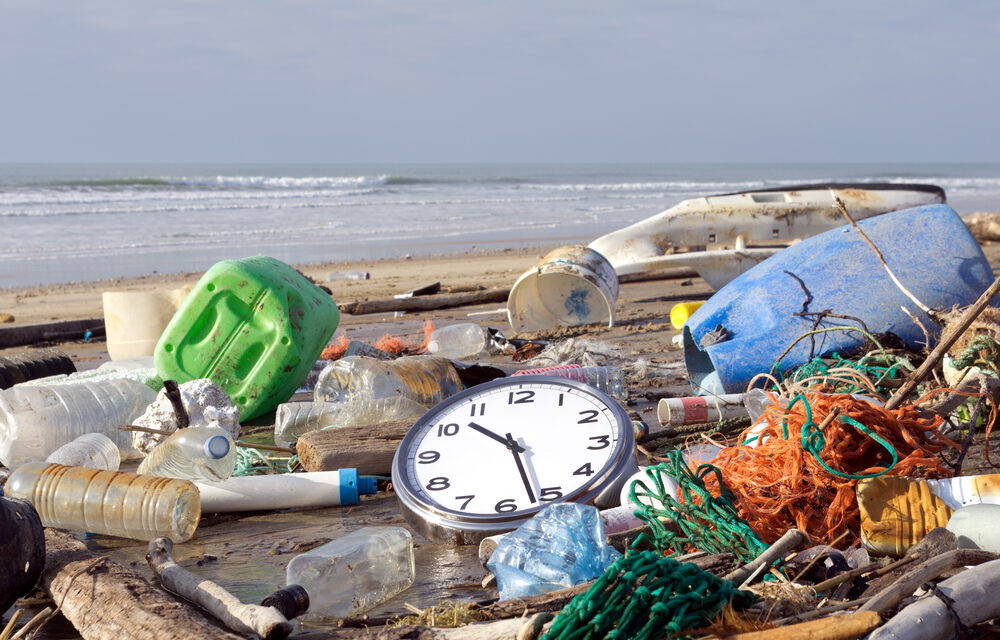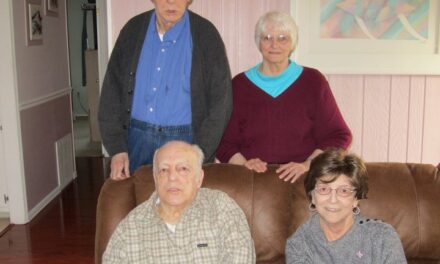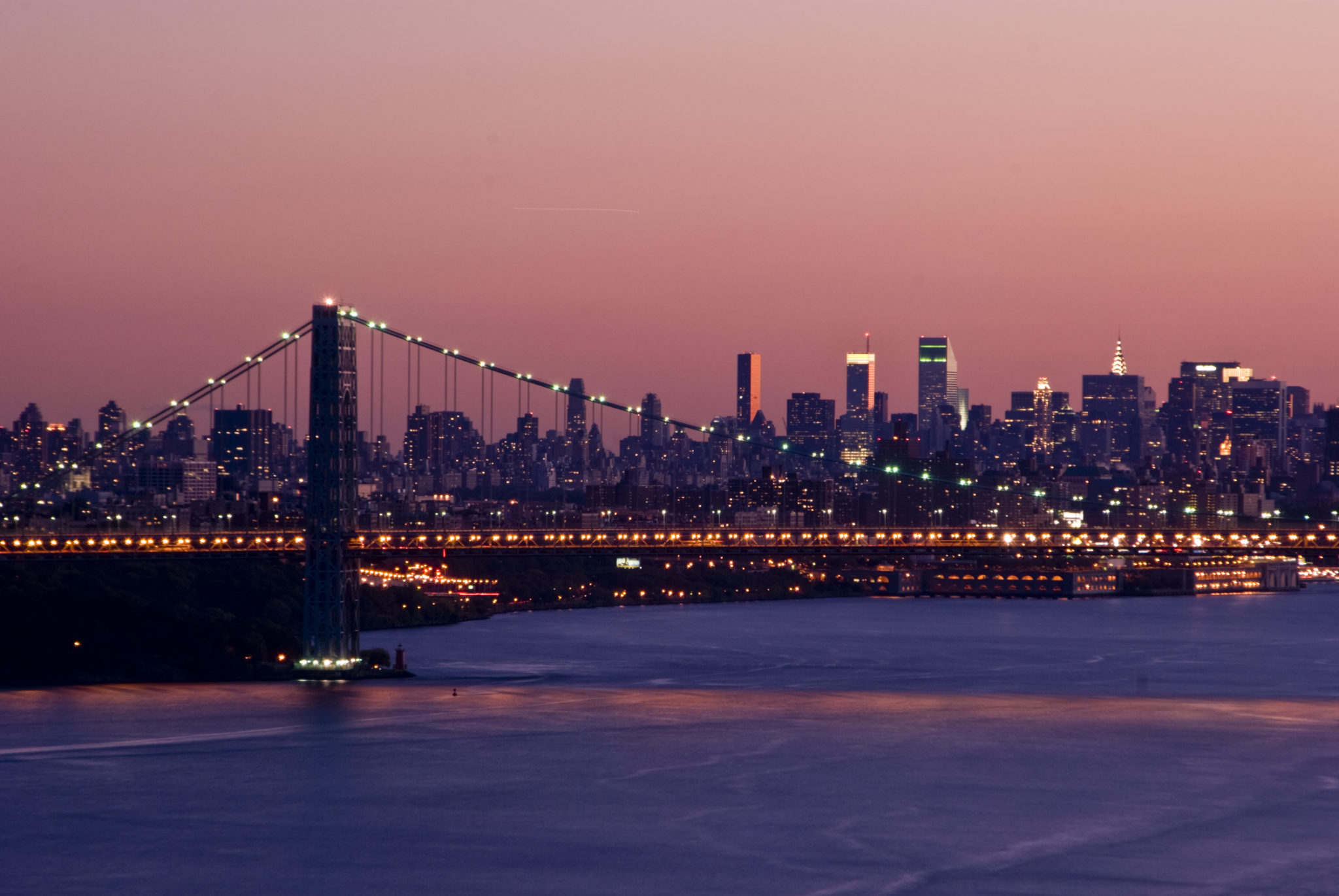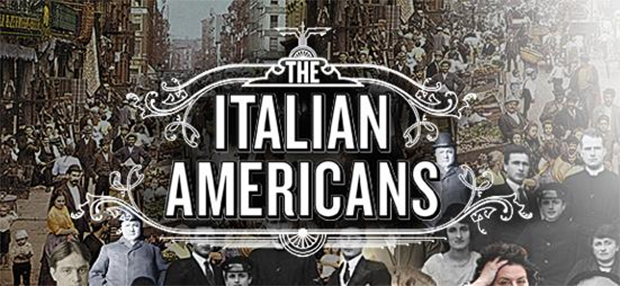Josh Spodek has unplugged his refrigerator because he doesn’t need it anymore. I’m going to start there.
It’s where his journey in being more environmentally conscious led him and frankly that bit of information has the power to scare me right off the whole effort.
You know what else puts the fear of God in me? Talking to an astrophysicist about sustainability.
But nonetheless, this is how I started my year. There were a few times during our interview where I felt like I was in my own little version of Don’t Look Up, a naïve Tyler Perry/Cate Blanchett combo trying to put an important story into a Good Morning America-esque happy package.
I’m not kidding. After watching three TED talks featuring Spodek, I became fascinated by his decision to avoid packaged food as much as possible.
What?
How?
My Italian-American mind went right here: Hmmmm, if I don’t buy packaged pasta I’ll have to make it myself. How would I do that? Wouldn’t all the ingredients come in packages?
This seems like a good time to tell you a bit more about New York-based Spodek with a paragraph directly from his online bio:
He holds a PhD in astrophysics and an MBA from Columbia, where he studied under a Nobel Laureate, having emerged from a childhood including years in some of Philadelphia’s most crime-ridden neighborhoods. He helped build an X-ray observational satellite with the European Space Agency and NASA.
This is just some of what’s notable about Spodek. Eye-popping credentials aside, he was perfectly willing to have a conversation about his acclaimed vegetable stew and how changing one habit led him to another and another and, before he knew it, he was shopping farmers’ markets and producing roughly one bag of garbage in two years. Yes, you read that right.
While coaching, speaking, blogging, and podcasting about sustainability are now his focus, it’s still a bit surreal to talk to Spodek about daily habits when his vision on this topic is so vast and his passion so deep. As much as I tried to keep it to the philosophy captured by his tagline – “Systemic change through personal change” – the vastness of our global environmental woes swallowed up all of my well-intentioned talk about plastic bag and bottle consumption. Honestly, I started to feel it was hopeless.
Then over the course of the conversation I realized that that negative leap was on me. He was clear in his contention that one way to effect this change, to sweeten the deal on this call to action, was to be clear it was about joy instead of sacrifice.
So while it was interesting to hear Spodek share what he’d learned about using a rice cooker, how beneficial it was to give up white bread, or how much better it is to eat vegetables in season (“You know what they used to call heirloom tomatoes? … Tomatoes.”), it was historical context he provided that made me feel like I was willfully ignoring the meteor hurtling to Earth.
“Ten million people die a year from breathing air … just air where they live,” Spodek said. “That’s a tiny fraction of how people die from all our pollution. It took the Atlantic slave trade centuries to reach that kind of number … Even the Holocaust didn’t reach those numbers … I put these out here, people are like, never talk about slavery, never talk about the Holocaust, there’s no comparison. This is much, much, much bigger. It’s incomparably bigger.”
Back then, Spodek noted, many people simply watched these things happen, thinking, what can I do? Sure, he points out, there were a few Oskar Schindlers and Dietrich Bonhoeffers that took action, but what really inspired Spodek was reading about the abolitionists like William Wilberforce and Thomas Clarkson in England in the late 1700s and early 1800s.
“Before them, slavery was actually viewed as good,” Spodek said. “Slavery was viewed as something every culture had since the dawn of time … there’s a battle and my side won and I could kill you or make you my slave. Slavery sounds a lot better than getting killed.”
He pointed out the disconnect among the owners in England, the plantations in the New World, the suppliers of the slaves on the ships bringing them to Africa, and the corporations’ growth.
“The people who enjoyed the molasses and the rum and sugar and coffee in England and all over Europe were not the ones cracking the whip,” Spodek said. “They couldn’t see the plantations that were getting bigger and bigger … because they were more and more profitable. But the cruelty involved was also growing.”
The corporations put out the word that the slaves liked it, Spodek noted, that they were doing them a favor. That they preferred civilization and Jesus to “godless” Africa.
“And there was all sorts of subterfuge to confuse the message,” Spodek said. “But … a few small number of people said, ‘Holy shit, this is for real. They’re really suffering. They’re dying in huge numbers … We must stop this.’ And everyone said, ‘You’re nuts, you’re crazy. If we don’t do it, the French will, the Spanish will. It’s going to happen anyway. The empire depends on it.’
“In a couple decades [abolitionists] changed not just the British empire, the greatest empire the world had ever seen, to pass a law to make the slave trade illegal in 1807 and then slavery in the empire in 1833 illegal. That didn’t stop it completely but that made it illegal and … now it’s illegal everywhere … A small number of people made that change. They looked across an ocean as we can today to where the plastic is, and they looked to where the plantations were, and said, ‘We can do something about this. There’s no way anyone can call this acceptable once we know what’s going on.’”
Which brings me to a professional coach on the other coast of the United States. Daniela Bryan is focused on sustainability, not just with her CEO clientele, but with her neighbors in Monterey, Calif. She strongly agrees with Spodek that what we’re doing to the planet is unacceptable.
If, as Spodek contends, when we take a wrong turn in history the way forward is to go back and get on track, Bryan is doing her part.
“The only way that can get us there is if we all have mindset shifts and behavior change,” Bryan said in our recent interview. “That doesn’t come from policy and it doesn’t come from the corporation saying this or that. It comes from individuals like you and me taking action.”
She knows that if someone thinks it’s “just me” and how can one person possibly change things, that can stop them in their tracks. But there’s another layer coaches know all too well that can be key – accountability. So Bryan started facilitating a workshop for her community called You Can Make a Difference: An Action-Oriented Conversation About the Environment.
She begins the session by showing one of Spodek’s TED talks. As participants digest and discuss that, the idea is to meet them where they are.
“What’s important to them?” Bryan said. “What’s the emotion behind that?”
This approach elicited a delightful anecdote from one woman in the group.
“Last week I had somebody give a marvelous description of an experience she had at the beach with a seagull coming down and basically talking to her,” Bryan said. “And the way she was describing it was so heartfelt with so much emotion. It was very obvious that in order to protect and preserve that, she would take all sorts of actions.”
Boom.
By digging into participants’ personal experiences with the environment, then perhaps what they might take action on, Bryan adds the component of coming back together two weeks later to debrief. What did you do? Pick up the litter? Upcycle the furniture? Plant a fruit tree?
“When you do this over and over again, you begin to realize this is a heck of a lot of fun,” Bryan said.
Like Spodek, her approach is a major shift in the norm. Using words like “fun” and “joy” as opposed to, say, “sacrifice” or “deprive” can completely change the sustainability conversation and others’ willingness to act.
Bryan has her own worms for composting. Plus, the fig tree and the prune tree on her property bring her a great deal of satisfaction.
She probably won’t be unplugging her fridge anytime soon, though. The point is, we have to make this our individual journey and figure out what we can do that is fun and efficient and joyful.
I distinctly remember seeing author Elizabeth Gilbert speak about her iconic book Eat Pray Love and her explaining to adoring fans the idea was not to replicate her path. It was to forge their own.
Same here.
We’re in an extraordinary time in history. Spodek and Bryan have chosen their respective paths. I invite you to choose yours.






